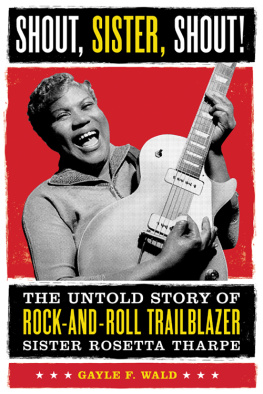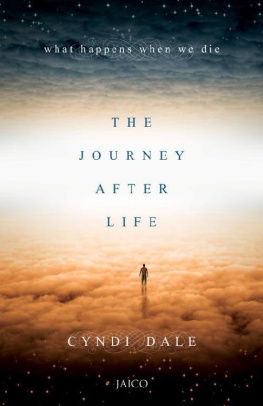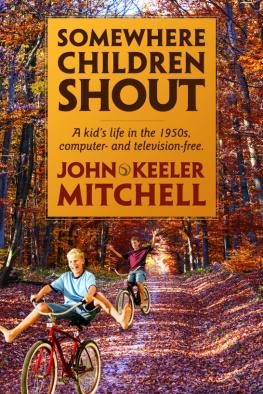Iain Dale - Why Cant We All Just Get Along: Shout Less. Listen More
Here you can read online Iain Dale - Why Cant We All Just Get Along: Shout Less. Listen More full text of the book (entire story) in english for free. Download pdf and epub, get meaning, cover and reviews about this ebook. year: 2020, publisher: HarperCollins Publishers, genre: Politics. Description of the work, (preface) as well as reviews are available. Best literature library LitArk.com created for fans of good reading and offers a wide selection of genres:
Romance novel
Science fiction
Adventure
Detective
Science
History
Home and family
Prose
Art
Politics
Computer
Non-fiction
Religion
Business
Children
Humor
Choose a favorite category and find really read worthwhile books. Enjoy immersion in the world of imagination, feel the emotions of the characters or learn something new for yourself, make an fascinating discovery.
Why Cant We All Just Get Along: Shout Less. Listen More: summary, description and annotation
We offer to read an annotation, description, summary or preface (depends on what the author of the book "Why Cant We All Just Get Along: Shout Less. Listen More" wrote himself). If you haven't found the necessary information about the book — write in the comments, we will try to find it.
Why Cant We All Just Get Along: Shout Less. Listen More — read online for free the complete book (whole text) full work
Below is the text of the book, divided by pages. System saving the place of the last page read, allows you to conveniently read the book "Why Cant We All Just Get Along: Shout Less. Listen More" online for free, without having to search again every time where you left off. Put a bookmark, and you can go to the page where you finished reading at any time.
Font size:
Interval:
Bookmark:

HarperCollinsPublishers
1 London Bridge Street
London SE1 9GF
www.harpercollins.co.uk
First published by HarperCollinsPublishers 2020
FIRST EDITION
Iain Dale 2020
Cover design by Steve Leard
Cover layout design HarperCollinsPublishers 2020
A catalogue record of this book is available from the British Library
Iain Dale asserts the moral right to be identified as the author of this work
All rights reserved under International and Pan-American Copyright Conventions. By payment of the required fees, you have been granted the nonexclusive, non-transferable right to access and read the text of this e-book on screen. No part of this text may be reproduced, transmitted, downloaded, decompiled, reverse engineered, or stored in or introduced into any information storage retrieval system, in any form or by any means, whether electronic or mechanical, now known or hereinafter invented, without the express written permission of HarperCollins e-books.
Find out about HarperCollins and the environment at
www.harpercollins.co.uk/green
Source ISBN: 9780008379124
Ebook Edition: August 2020 ISBN: 9780008379148
Version: 2020-07-10
For John,
whose love I have shared for 25 years
Now that every word is taken down and that the speaker knows that he is addressing not a private club, but a gathering that may embrace the whole nation he must walk delicately and measure his paces; he cannot frisk and frolic in the flowery meads of rhetoric; he dare not let himself go.
Lord Curzon, The Rede Lecture, University of Cambridge, 6 November 1913
Over the past two decades, national political and civil discourse has been characterized by Truth Decay, defined as a set of four interrelated trends: an increasing disagreement about facts and analytical interpretations of facts and data; a blurring of the line between opinion and fact; an increase in the relative volume, and resulting influence, of opinion and personal experience over fact; and lowered trust in formerly respected sources of factual information.
World Economic Forum, 2018
Publication date was set for 28 May 2020. The publicity plan was in place. I was booked to appear at thirty or so different literary and political events during May, June and July. I was pumped. Ready for action. Why Cant We All Just Get Along was set to be the publishing sensation of the summer. OK, I exaggerate to make a point, but what could possibly have gone wrong? As Harold Macmillan would have said, Events, dear boy, events. Or coronavirus, to be more precise.
And its because of coronavirus that this book is being published more than two months later than planned and why Im writing a prologue.
In some ways the timing could not have been better, because the rows in the media and among some politicians have brilliantly illustrated many of the points I make in the following pages.
Nuance is a word you will read a lot over the coming 300 pages. In the debate about coronavirus it hardly featured. On social media some reckoned that Boris Johnson deliberately engineered policies to ensure tens of thousands of older people would die, which, given that it was the older generation who largely voted him into power, is a bit of a counterintuitive view to hold. Others clearly regarded him as the nations saviour, and how dare anyone question any aspect of the governments response. It was yet another example of how social media divides and rules without seemingly caring a jot about the consequences for our public discourse.
Theres little doubt that the coronavirus crisis has deepened the disconnect between the media and the general public. Part of this growing mistrust comes from the daily press conferences, where a succession of journalists have seemed to delight in asking gotcha questions; challenging the minister on duty to apologise for this, that or the other; or enquiring whether they were ashamed of failures to deliver on promises. To the public, these questions were designed to generate headlines for the journalists themselves (or their organisation) rather than to scrutinise government actions or tease out more information and/or an explanation of policy.
There was little nuance or context. When health secretary Matt Hancock announced a target of 100,000 Covid-19 tests per day by 30 April, this target was gold-plated by the media into a pledge, from which he would not be allowed to resile.
I genuinely think it would have been impossible for Winston Churchill to have fought the Second World War with a twenty-four-hour news media in full cry. I saw a tweet the other day featuring a suggestion of how a lobby journalist in 1940 might have posed a question at Churchills daily press briefing
Winston, under your leadership were out of Europe, which the BBC fought against. Immigrant workers are staying away. The army has no PPE and ran away at Dunkirk. Hospitals are underfunded. We have no allies in Europe. You failed to stop bombers attacking London. The shops are empty, the economy is devastated and you missed an opportunity to escape from a German-led Europe. Why do you not surrender and resign after your failures?
Many a true word spoken in jest.
When it fell to me to announce live on air that Boris Johnson had been taken into intensive care, I saw both the best and the worst of human nature. I received a lot of texts and tweets from diehard Labour voters and political opponents saying they wished the Prime Minister well; some were even moved to tears by the news. Others, however, saw fit to tweet their delight. Boris Derangement Syndrome took on a whole new form, as evidenced by thousands of despicable tweets that expressed the hope he would suffer as much as possible and even die.
This is not to excuse government. The daily press conferences were a mistake. There was an imperative to say something new, yet often there was little new to say. Tired mantras were repeated day after day. We made the right decision at the right time. Were straining every sinew. Id like to pay tribute to We mustnt forget that behind every death is an individual story. It seemed to many that the politicians lacked basic human empathy and automatically reverted to robotic answers.
While I certainly blame the media for getting it wrong in this crisis, politicians cannot escape blame either.
All the issues raised here are examined in great detail in this book, and although it was intensely irritating for its publication to be delayed, in a way the messages contained in it are even more relevant than when I started writing it in 2019. How we answer these questions will determine the kind and quality of media and public discourse well be getting in the future.
Its all summed up in something I tweeted on 23 April 2020, which was seen by 1.6 million people.
Every journalist/columnist/commentator (including me) in the broadcast and print media needs to look at themselves in the mirror and answer this question: how have I contributed to the fact that I am less trusted than the people I am supposed to hold to account? Discuss.
On the bright side, the country coming together each Thursday evening at 8 p.m. to applaud the NHS and key workers has been heart-warming to witness. When it first happened, I interviewed the then Labour Shadow Chancellor, John McDonnell, immediately afterwards. He had been out on his street clapping away and I had been watching it on my TV screen. We both became a bit emotional and turned into blubbering wrecks.
While the response to coronavirus has engendered some pretty big divisions, the whole lockdown has allowed people time to reflect on their life priorities and to rekindle old friendships, albeit virtually, and has encouraged neighbourliness and a more real sense of community spirit. Political enmities have often been cast aside in the national interest. The collective sense of national grief over the tens of thousands who have fallen victim to coronavirus has proved to me that the answer to the question posed in the title of this book is that, yes, we can get along if we really put our minds to it.
Font size:
Interval:
Bookmark:
Similar books «Why Cant We All Just Get Along: Shout Less. Listen More»
Look at similar books to Why Cant We All Just Get Along: Shout Less. Listen More. We have selected literature similar in name and meaning in the hope of providing readers with more options to find new, interesting, not yet read works.
Discussion, reviews of the book Why Cant We All Just Get Along: Shout Less. Listen More and just readers' own opinions. Leave your comments, write what you think about the work, its meaning or the main characters. Specify what exactly you liked and what you didn't like, and why you think so.

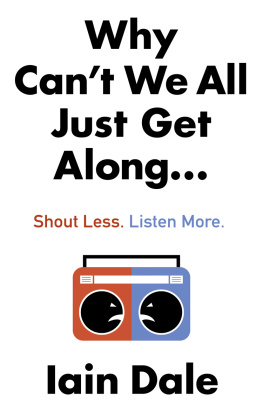
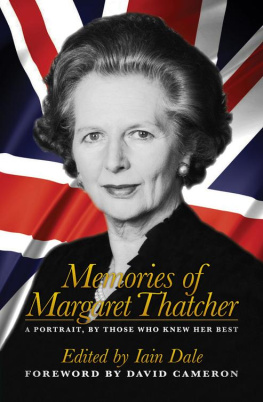
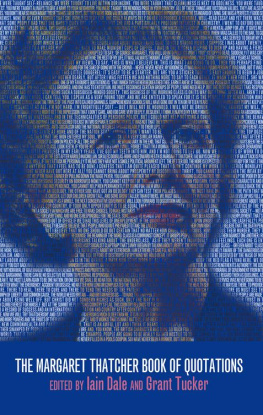
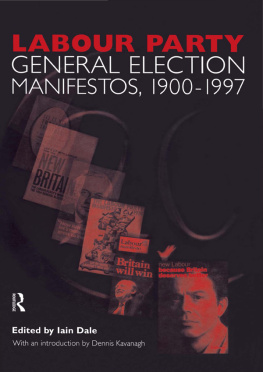
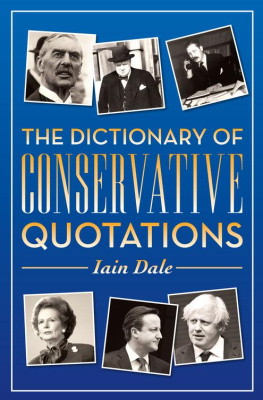
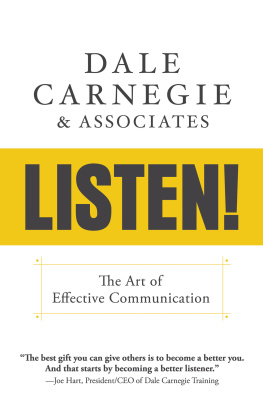

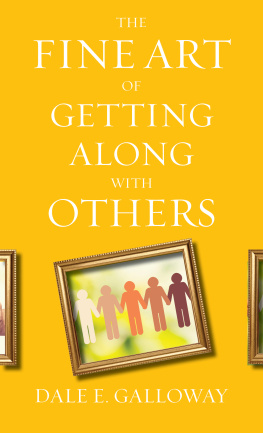
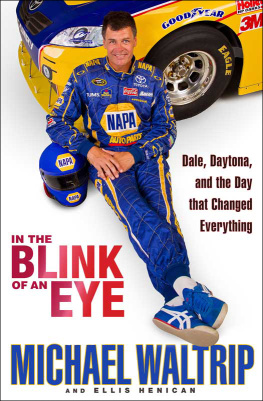
![Iain Maitland [Iain Maitland] - Mr Todd’s Reckoning](/uploads/posts/book/141709/thumbs/iain-maitland-iain-maitland-mr-todd-s.jpg)
